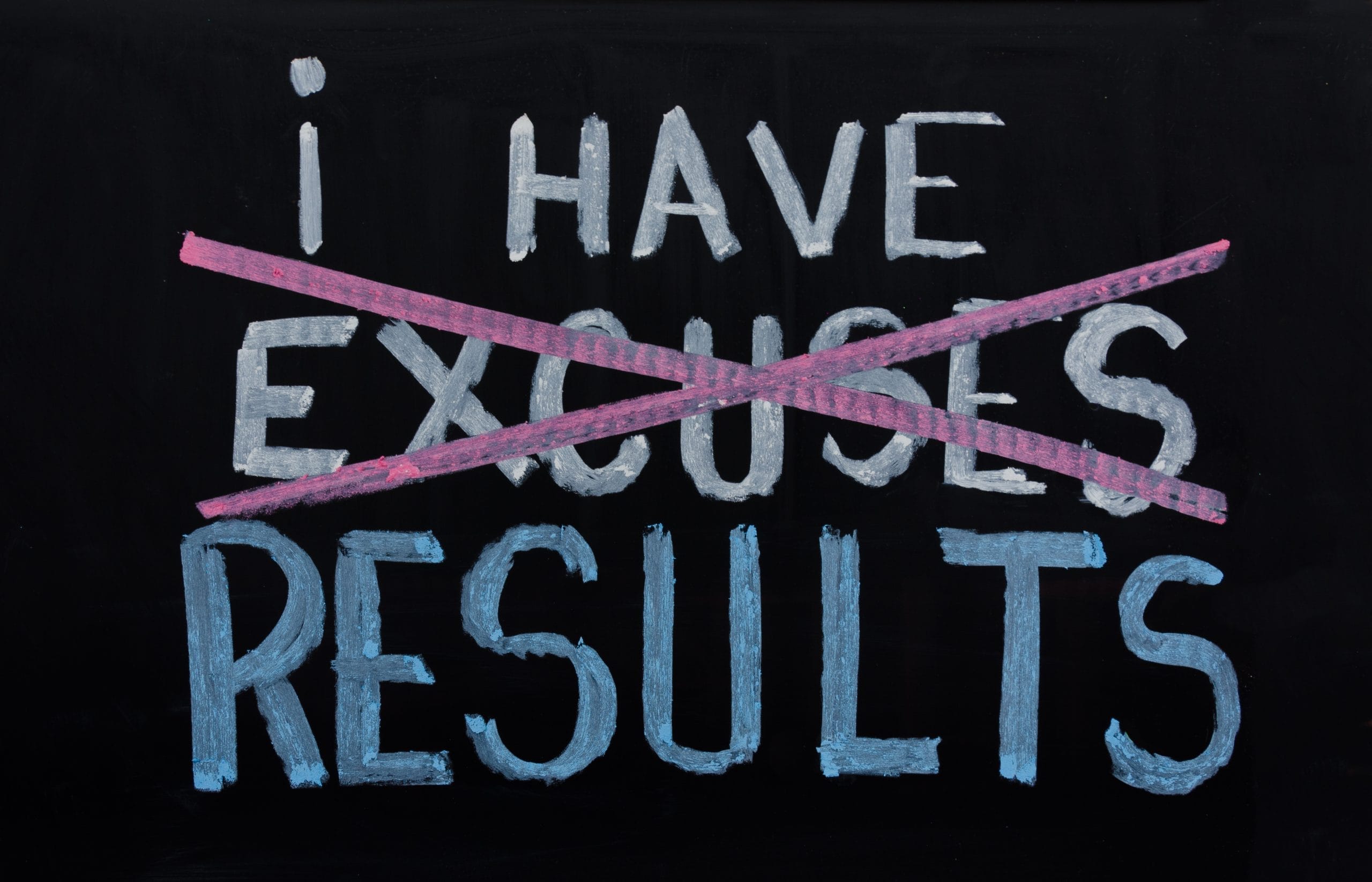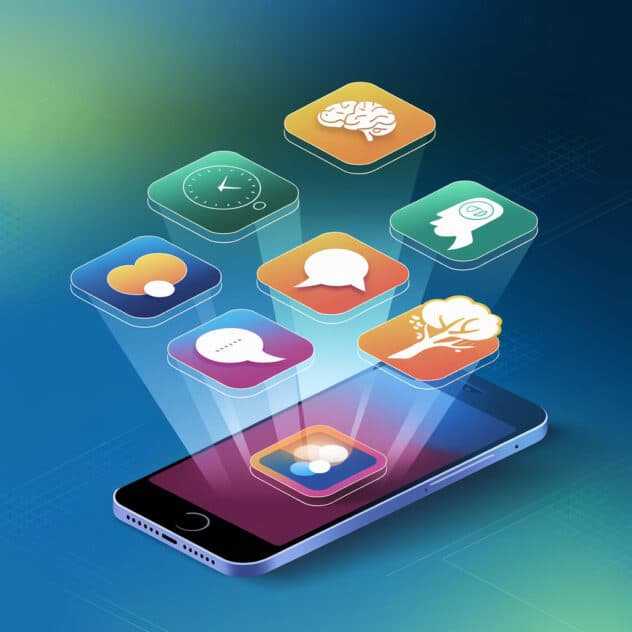Support a Neurodivergent Partner: The Art of Understanding Accountability (Without Losing Your Cool)
So, there I was this morning, at the front of the queue in a grocery store, waiting to pay for my bits and bobs. Easy enough, right? But as the cashier started weighing my items, people around me began shoving their shopping onto the counter, insisting they be served first. One man even glared back at me like I was the one out of line! I was on the phone with a friend, and we couldn’t help but laugh at the absurdity. I joked, “If I go missing, this CCTV footage will be the last known sighting of me, fending off queue jumpers.”
As we chatted, it got me thinking about accountability, something that comes up a lot with ADHD. The man in the queue might not have lacked accountability; he might have just been rude. But it reminded me how tricky accountability can be in relationships, especially when you’re navigating ADHD and maybe to support a neurodivergent partner with accountability. If you’re a partner or parent of someone with ADHD, you know that accountability can feel a bit like nailing jelly to a wall. But don’t worry; let’s explore why accountability can be challenging, how it impacts relationships, and what we can all do to support it, without unnecessary grocery store showdowns.
Why Accountability Can Be Slippery for People with ADHD 🎯
The Science of Accountability in ADHD
When we talk about accountability and ADHD, what we’re really delving into is executive function. Think of executive function as the brain’s project manager, responsible for organising tasks, managing time, and following through. For those with ADHD, this “project manager” can be a bit unreliable, sometimes taking an unplanned break just when it’s needed most. Tasks get missed, deadlines pass, and good intentions are left hanging.
Unlock peak brain performance with science-backed biohacks. Join free now & get your guide for just £4.99 (45% off)!

Evidence-Based Insight
This isn’t just anecdotal; science backs it up. Research into ADHD and executive function shows that areas of the brain responsible for organisation, impulse control, and sustained attention can be underactive. Studies from ADDitude discuss how executive function challenges are central to ADHD, leading to lapses in accountability. So, it’s not about not caring, it’s more about the brain’s wiring.
Is It Only ADHD?
Now, accountability isn’t exclusive to ADHD; we’ve all known neurotypical people who avoid responsibility. But with ADHD, accountability issues are often more consistent. Neurotypical folks might forget things now and then, but for people with ADHD, these lapses are frequent and deeply tied to brain function.
How Accountability (or the Lack of It) Impacts Relationships
For Partners
If your partner has ADHD, you might have experienced them promising to do something, like sorting out a bill, organising a date night, or even just being on time, only to watch those intentions slip by. This can leave you feeling like you’re carrying the mental load of the relationship. And, if we’re being honest, repeated letdowns can build up resentment.
For Parents and Family Members
If you’re a parent of a child with ADHD, this may show up as forgotten homework, messy bedrooms, or promises to help out that vanish as quickly as they’re made. This can lead to a constant cycle of reminding, nagging, and sometimes doing things yourself, which is exhausting.
Impact on the Person with ADHD
Let’s not overlook how tough this is for the person with ADHD. Imagine always intending to follow through but regularly missing the mark. It can create a cycle of guilt and frustration. In some cases, they may even stop making commitments altogether, just to avoid letting people down.
Building Accountability Together (Without Losing Your Sanity)
Accountability is challenging, but there are ways to work together to build it without making anyone feel like a headmaster or a teenager.
- Accountability Buddies
Having an accountability buddy can be life-changing. This could be a partner, friend, or even a digital accountability app. The idea is to have support, not surveillance, which can make all the difference. - Break Tasks Down (Into Really Small Steps!)
For those with ADHD, even simple tasks can feel insurmountable unless they’re broken down. So instead of “sort out the garage,” try “clear one shelf today.” Each little win feels manageable and builds momentum. - Use Reminders and Alarms ⏰
Gentle nudges can work wonders. Phone reminders, sticky notes, or even an app with soft, gentle alerts can help keep things on track. Just think of it as a supportive nudge rather than a nagging prod. Try our Daily Routine Planner. - Establish Habits and Routines
Habits take the guesswork out of accountability. If there’s a “same time, same place” routine, like doing the dishes right after dinner, it becomes second nature. Habits help take some of the weight off executive function. - Consider Professional Help
Sometimes it’s helpful to call in the professionals. ADHD coaches or therapists can offer tailored strategies, helping individuals build systems that work with their brain rather than against it.
Tips for Partners and Family: Support a Neurodivergent Partner with Accountability Without Becoming a Nag 🧘♀️
It’s a fine line to walk: supporting someone with ADHD without doing everything for them. Here are a few approaches:
- Encourage, Don’t Nag
No one likes a nag. Instead of repeatedly reminding, ask open-ended questions like, “How can I help you remember to make that call?” It puts them in the driver’s seat. - Set Boundaries
Supporting someone with ADHD doesn’t mean you have to bear every responsibility. Be clear about what you can and can’t do. It’s perfectly okay to say, “I’ll remind you once, but I won’t chase you.” - Celebrate Small Wins 🎉
Positive reinforcement is key. Celebrate those little victories, even if they seem minor. For someone with ADHD, remembering a deadline or completing a task is a big deal, and acknowledging that can boost confidence and motivation.
ADHD as a Superpower? 🌟
Yes, ADHD comes with challenges, but it’s not all downsides. People with ADHD often have incredible strengths, creativity, adaptability, and a knack for seeing things from unique perspectives. With the right support and strategies, these strengths can shine, transforming accountability from a constant hurdle into a manageable part of life. When properly harnessed, ADHD truly can be a superpower.
Final Thoughts: A Lesson in Accountability, Courtesy of the Queue Jumper 🛒
Back to my grocery queue debacle. Standing there, watching the man push his items ahead of mine, I had a flash of clarity. Accountability isn’t just a skill; it’s an awareness of how our actions impact those around us. I couldn’t help but think, “Maybe this man could use an accountability partner to gently remind him about basic queuing etiquette.”
Would it have made a difference? Who knows. But for those of us dealing with ADHD in our loved ones, this is often what it feels like: helping them see that small actions—remembering a date, following through on a task—can make a huge difference to others. Accountability isn’t about blame or burden; it’s about being mindful of how we interact and care for those around us.
If that man had recognised the impact of his actions, perhaps our “interaction” would have been smoother. Sometimes, a little understanding, a bit of patience, and a dash of humour are all we need to keep life (and queues) running smoothly.
Resources
Further reading on Accountability in Autism, ADHD, Neurodivergence.
Driven to Distraction by Dr. Edward Hallowell and Dr. John Ratey. This classic book provides an in-depth look at how ADHD affects daily life, including aspects related to follow-through, responsibility, and executive function.
The ADHD Effect on Marriage by Melissa Orlov: This book explores how ADHD impacts relationships, especially focusing on how accountability issues can affect partners and spouses.







